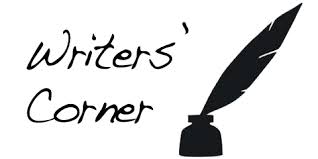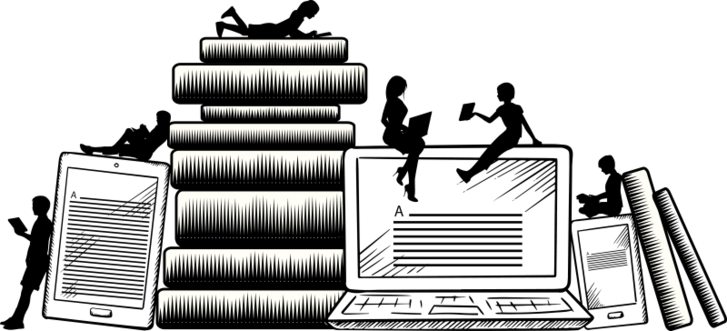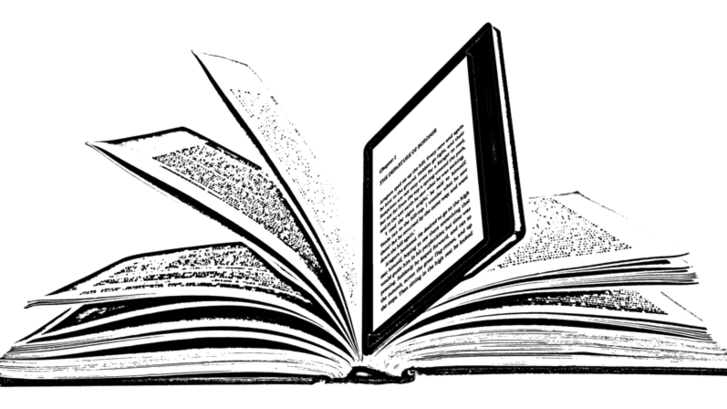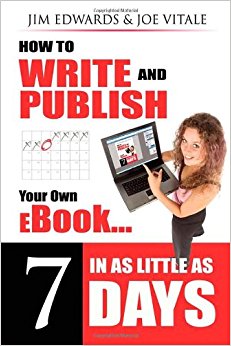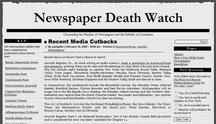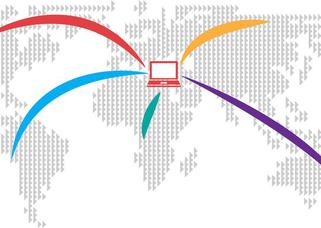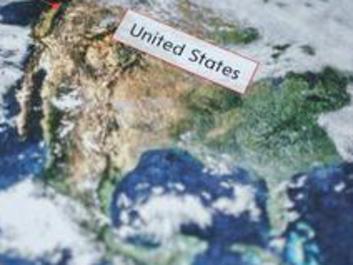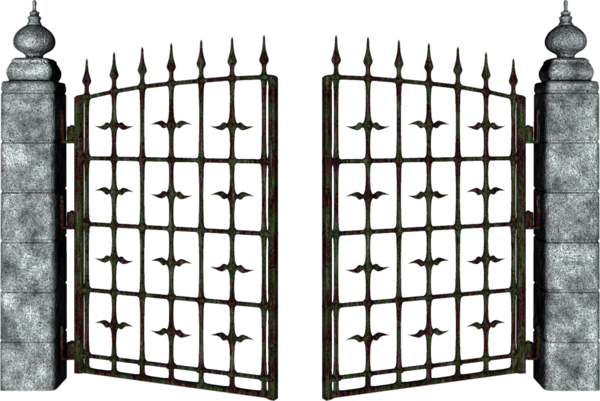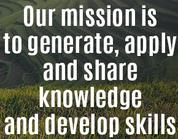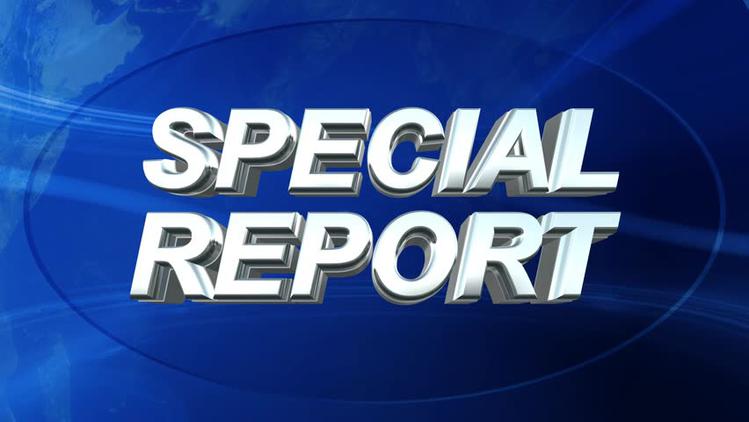GatewayGlobalPublishing.com
"21st Century Media Publishing...A World of Possibilities"
We’re Committed To Helping You Succeed!
If you’re looking for quality education, information, intelligence, knowledge, strategies, solutions, or training in self-publishing or any type of Publishing Issues, you’ve come to the right place!
At GatewayGlobalPublishing.com you will find boat-loads of all the Intelligence and knowledge available today in one place to help you succeed beyond your wildest dreams!
We offer the best in Writing and Publishing Intelligence to help YOU succeed right now!
Look over our website, save it as one of your favorites, let us put our major research efforts, industry knowledge and expertise in providing Intelligence that YOU need and can't spend the hours and days looking for!
IF you have ANY Comments, Suggestions or Questions, give us a call or text us
today, we would LOVE
to hear from you!
Call Or Text Us Today!
727.657.3339
"Today A Reader...Tomorrow A Leader"
ALL RIGHTS OF MATERIAL IN THIS WEBSITE ARE RESERVED. IN ACCORDANCE WITH THE U.S. COPYRIGHT ACT OF 1976. THE SCANNING, UPLOADING AND ELECTRONIC SHARING OF ANY PART OF THIS WEBSITE AND THE MATERIAL CONTAINED HEREIN WITHOUT THE PERMISSION OF THE AUTHOR OR PUBLISHER IS UNLAWFUL PIRACY AND CONSIDERED THEFT OF THE AUTHORS INTELLECTUAL PROPERTY. IF YOU WOULD LIKE TO USE MATERIAL FROM THE WEBSITE AND THE MATERIAL CONTAINED HEREIN, OTHER THAN FOR REVIEW PURPOSES), PRIOR WRITTEN PERMISSION MUST BE OBTAINED BY CONTACTING THE PUBLISHER AT admin@GatewayGlobalPublishing.com. THANK YOU FOR YOUR SUPPORT OF THE AUTHORS RIGHTS.
GatewayGlobalPublishing.com is here to help YOU! It is our immediate goal to educate and make available to you timely informative intelligence, issues, strategies, and solutions to help you, as an aspiring authors, publishers, and advertisers, to market and distribute your book and to make available sources and resources from around the world to solve your specific publishing goals.
GatewayGlobalPublishing.com is here to provide education. We care tremendously about making associated authors and many promising authors and publishers the most successful they can be in making their book, eBook and other important publications World Famous around the globe.
What sets us apart from others is that we do everything in our power to make sure to provide you with intelligence, directories, links and many other forms of resources to help you get your publication out there. We want to be sure you have the knowledge to get your book marketed and distributed worldwide. This includes to helping you to address important issues, strategies and solutions. We make every effort to do this through the various channels, networks and links that we have. This includes partnerships and relationships with very important publishing industry contacts. We also want you to know and practice the strategies and solutions to build upon publishing success and how you can expand the publishing of your book or other publishing needs into a small empire for you, and so much more.
Our goal is to inform Advertisers, Authors, Agents, Customers, Client Publishers, Publishing Houses, Researchers, Students, Teachers and Writers. We do this by helping them to find helpful Articles, Databases, Intelligence, Resources, Strategies, Solutions, Special Reports, Tips and Tools about writing & publishing your Book, Publication goals or your own personal Story.
We value diversity and enjoy helping nurture talent, reward success we see and to honor publishing responsibilities. Our constant goal is to be market focused in everything we do and to lead change in popular culture. We believe in anticipating change, fostering creativity and encouraging risk-taking and innovation.
Let us help you gather publishing intelligence about all forms of publishing and to become the next Best-Selling Author on the bookshelf of America and around the World and to Educate you about the Publishing planet!
Join Our Mailing List
Sign up to learn more about writing
and publishing your own book, eBook,
publications or special reports.
Learn about authors and writers who publish
using sustainable strategies and solutions to improve their profitability, stewardship and quality of life improvement in their writing ventures.
We send Notifications of Free Resources, News and other Exclusive Special Reports as well as other
News, Strategies and Solutions that come to
you approximately once a month, and you
can unsubscribe at any time.
This is your chance to get serious and move on up in the writing and publications of your written words!
WELCOME to GatewayGlobalPublishing.com
OUR
Traditional Publishing
The three main types of publishing are traditional, self-publishing, and hybrid publishing. Traditional publishing involves a publisher buying the rights and handling production, while self-publishing gives the author complete creative control and responsibility for all costs. Hybrid publishing is a flexible option that blends aspects of both, allowing for professional support while maintaining more control than traditional routes.
1. Traditional Publishing
What it is: A publishing house acquires the rights to an author's book, typically pays an advance, and manages editing, design, distribution, and marketing.
Pros: Professional support, access to wider distribution and marketing, and potential for an advance payment.
Cons: Authors have less creative control, and the process is often lengthy and competitive.
2. Self-Publishing (or Indie Publishing)
What it is: The author takes on the role of publisher, managing all aspects of the publishing process—from editing and design to distribution and marketing.
Pros: Complete creative freedom, full control over the final product, and a higher percentage of royalties.
Cons: The author is responsible for all costs and workload, and wider reach may require significant personal effort.
3. Hybrid Publishing
What it is: A combination of traditional and self-publishing where the publisher provides services and support, but the author typically pays a fee and retains more rights and creative control than in a traditional model.
Pros: Balances author control with professional services, can be a faster route to market than traditional publishing.
Cons: Requires an investment from the author, and the quality can vary depending on the hybrid publisher.
Other Considerations
Vanity Presses: Some sources categorize vanity presses under hybrid publishing, but they are distinct because they charge authors to publish and often offer little to no editorial or marketing support, according to Authors Publish Magazine.
Other types of publishing: The publishing industry also includes other divisions like newspaper, magazine, scholarly, and trade publishing, which focus on different types of content and audiences.
Publishing Methods
Publishing categories can refer to the method of publication or the genre of the work being published. For aspiring authors, understanding both is crucial for choosing the right path to bring their work to an audience.
Publishing methods
The publishing method defines the business relationship between the author and the publisher, and how the book is financed, produced, and distributed. The three primary methods are traditional, self-, and hybrid publishing.
Traditional publishing
The original and oldest model, where an author sells the rights to their work to a publisher, often through a literary agent.
Benefits: The publisher handles all costs for editing, design, marketing, and distribution. The author receives an advance against royalties.
Drawbacks: This path can be very difficult and slow, with publishers accepting only a small percentage of submitted manuscripts. The author gives up a significant amount of control.
Self-publishing
The author takes on all responsibilities and costs for editing, cover design, formatting, and marketing.
Benefits: The author retains full ownership and control over their work and keeps 100% of the profits. The timeline is entirely up to the author.
Drawbacks: The author must bear all financial risk and marketing workload. Self-published works may not achieve the same level of market visibility as traditionally published ones.
Hybrid publishing
This model blends traditional and self-publishing, with the author and publisher sharing the costs and risks.
Benefits: The author retains more control and receives a higher royalty rate than in a traditional deal. The publisher provides professional editing and design services.
Drawbacks: The author must pay an upfront fee for the publishing package. It is critical to vet hybrid presses, as many vanity presses—unreputable companies that charge authors simply to print their books—masquerade as hybrids.
Genre categories
Genre is the type or category of literature, and is generally split between fiction and non-fiction. Each of these broad categories contains numerous subgenres, which serve to classify a book for both marketing and writing purposes.
Fiction genres
Fantasy: Stories that feature magical elements, mythical creatures, or imaginary worlds, such as J.R.R. Tolkien's The Lord of the Rings.
Science Fiction: Stories often set in the future or alternate universes, exploring advanced technology and scientific concepts, such as Isaac Asimov's Foundation series.
Mystery: Narratives that involve solving a crime, often featuring a detective character. A classic example is Agatha Christie's Murder on the Orient Express.
Thriller: Stories focused on suspense and excitement, with a high-stakes plot.
These often involve psychological or political drama, like those by David Baldacci.
Romance: Stories centered on a developing love relationship, with a central plot focused on an emotional connection.
Historical Fiction: Stories with fictional characters and events set in a real historical period.
Literary Fiction: Characterized by complex storytelling, a focus on language, and unconventional structure, with an emphasis on internal character development over plot.
Young Adult (YA): Written for readers aged 11–15, though it is also widely read by adults. YA stories often center on coming-of-age themes.
Non-fiction genres
Memoir: A collection of memories from a person's life, typically organized around a specific theme or period, such as Jeannette Walls's The Glass Castle.
Autobiography: The story of a person's entire life, written by that person. It generally follows a chronological timeline.
Biography: An account of someone's life written by another person, usually a well-known figure.
Self-Help: Books that offer guidance and advice for personal growth and problem-solving, such as Robert Greene's The 48 Laws of Power.
True Crime: Detailed accounts of real-life crimes, which have become a very popular genre in recent years, especially with the rise of true-crime podcasts.
History: Covers historical events and subjects, from ancient civilizations to modern conflicts.
Science: Explores scientific topics for a general audience, like Stephen Hawking's A Brief History of Time.
Cookbooks: A practical guide featuring recipes, cooking instructions, and food-related information.
Get Our Exclusive
Special Report:
50+ Ways to Make Money as a Freelance Writer or Publisher
Education - Intelligence - Issues - Strategies - Solutions - Resources
Wide Range of Web Publishing Issues
Web publishing issues range from technical glitches (broken links, slow loading, platform errors) and design flaws (poor accessibility, bad UX) to content challenges (copyright, piracy, creating engaging material) and business hurdles (monetization, market saturation, resource limits), all complicated by fast-changing tech, user habits, and legal landscapes. Publishers must balance user experience, legal compliance, and technical performance to succeed online.
Technical & Performance Issues
Slow Loading: Large images, unoptimized code, or poor hosting lead to high bounce rates.
Broken Links/File Paths: Images or files not found due to incorrect upload location or filename mismatches.
Platform/Server Errors: Issues with Content Delivery Networks (CDNs), cache clearing, or server connectivity.
Browser Compatibility: Performance problems, crashes, or display issues across different web browsers.
Content & User Experience (UX) Issues
Accessibility: Content not coded for screen readers, keyboard navigation, or lacking captions for audio/video.
Engagement: Creating bite-sized, device-appropriate content that holds user attention.
Design: Poor hierarchy (too many headers), lack of white space, or using generic stock photos instead of authentic visuals.
Credibility: Missing social proof like testimonials or case studies, making sites seem unreliable.
Legal & Ethical Issues
Copyright & Piracy: Easy copying and distribution make IP protection difficult, complicated by varying international laws.
Licensing: Ensuring proper rights are secured for all content, especially digital and multimedia.
Defamation/Privacy: Potential legal risks with online content.
Business & Strategy Issues
Monetization: Finding sustainable revenue models in a saturated digital market.
Resource Constraints: Lack of budget, time, or technical expertise for high-quality sites.
Market Saturation: Standing out among countless other online sources.
How to Address Them
Optimize Images: Compress large files and use appropriate formats.
Test & Audit: Regularly check for broken links and accessibility compliance (WCAG).
Secure Rights: Get clear contracts for electronic rights from authors/creators.
Focus on UX: Use clear navigation, ample white space, and mobile-friendly design.
Build Trust: Add authentic testimonials, case studies, and high-quality visuals.
Diving Deeper Into Web Publishing Issues
Web publishing involves various challenges, from technical hurdles to legal and ethical dilemmas. These issues can be categorized into technical, legal, and content-related concerns.
Technical Issues
Performance and Speed: Slow loading times (often exceeding the 3-second user patience threshold) can be caused by unoptimized code, massive image files, or low-quality hosting. Slow sites are also ranked lower by search engines.
Mobile Optimization: A major pitfall is failing to prioritize mobile responsiveness, leading to broken buttons or awkward scrolling on smaller screens where the majority of traffic now originates.
Connectivity and Server Errors: Publishing can fail due to incorrect FTP protocols (e.g., needing Passive Mode) or firewall blocks. Common errors also include DNS records not pointing to the host or pending nameserver propagation.
Platform-Specific Glitches: Users of builders like Wix or Weebly may face publishing errors due to being logged into multiple accounts or browser settings like "prevent cross-site tracking".
Legal and Ethical Issues
Intellectual Property and Piracy: The ease of copying digital content makes protecting work difficult. While Digital Rights Management (DRM) can help, it may also frustrate legitimate users by restricting device access.
Privacy and Security: Publishers must safeguard vast amounts of user data from breaches and comply with regulations like GDPR or the CCPA.
Accuracy and Verification: The "pressure of immediacy" in the 24/7 news cycle can lead to rushed fact-checking and the accidental spread of misinformation.
Content and Design Issues
Visibility and SEO: Frequent changes to search engine algorithms make it hard to maintain high rankings. Common errors include missing title tags or meta descriptions, which are vital for how Google displays results.
Poor User Experience (UX): Issues such as cluttered layouts, confusing navigation, and a lack of clear Calls-to-Action (CTAs) can drive visitors away.
Accessibility Challenges: Failure to meet ADA compliance (e.g., poor color contrast, lack of alt text for images) can exclude users with disabilities and lead to legal risks.
Distributed Authoring: When multiple non-professional writers contribute, it often results in inconsistent styles, silos of information, and poor maintenance of older content.
After reading these two articles about Publishing Issues above, the knowledge you just gained here should be ringing in your head with understanding about web publishing issues. If that is where you're headed, you just learned some very valuable information.
We sincerely hope this helps you in your plans to success in the publishing world! Don't forget to visit all of our other pages. Also visit the Resources and Link page as well as the Directories in our Knowledge Center. Also, don't forget our blog, there is a ton of intelligence there as well!

